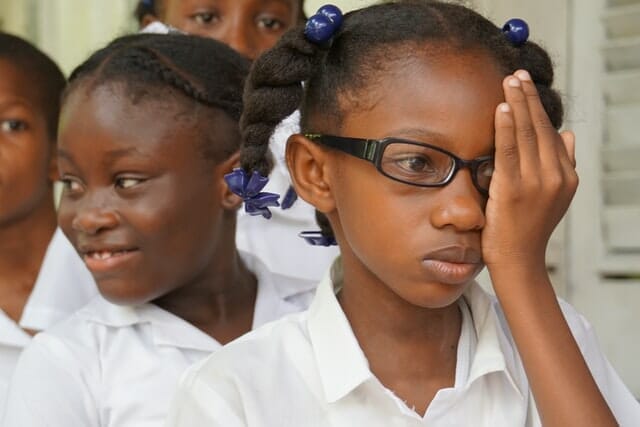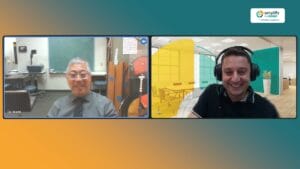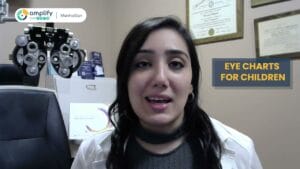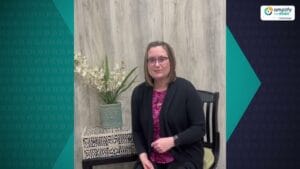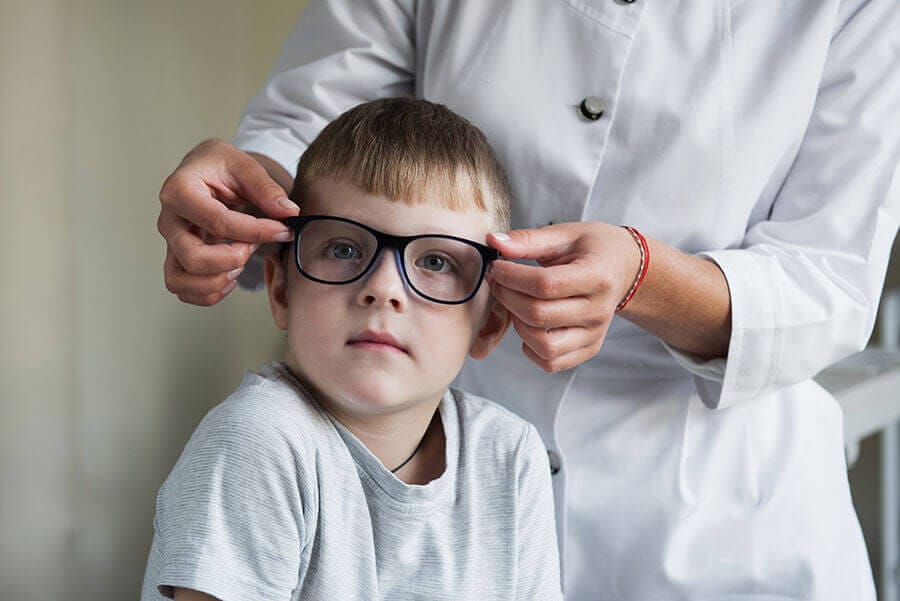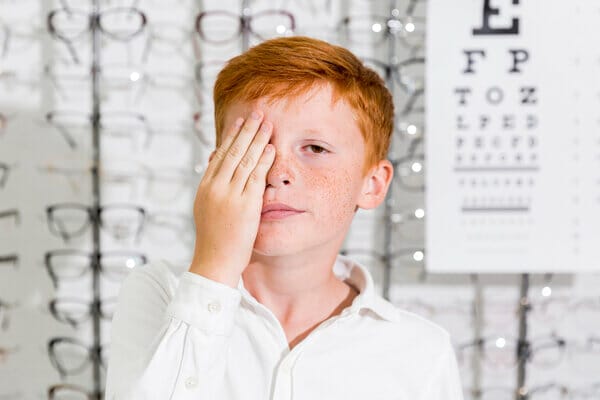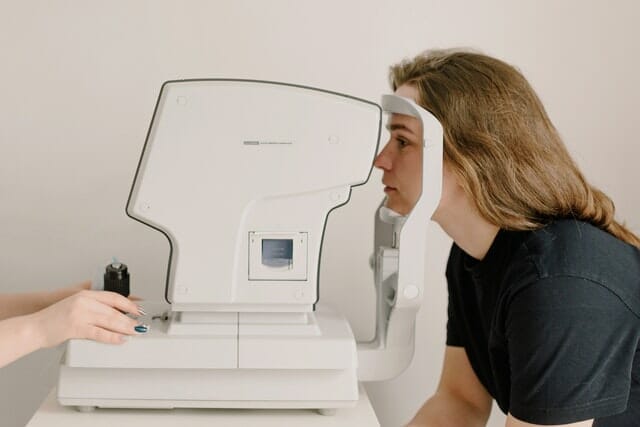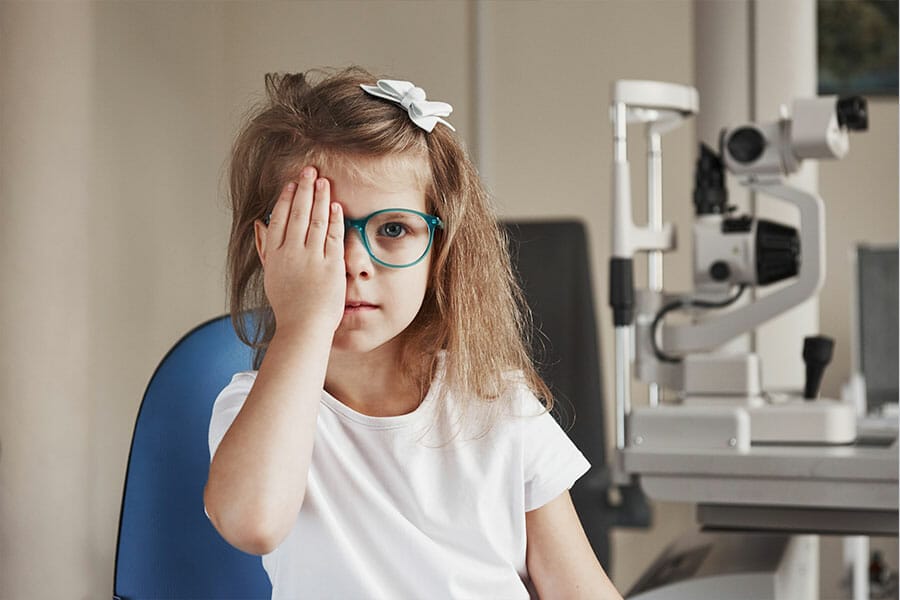The short answer is that these screenings are not particularly accurate. Or, perhaps more accurately, they are not comprehensive. These screenings, which are generally just a simple eye test with a vision chart, cannot substitute for the sort of comprehensive exam a child would receive at an eye doctor, who will have access to devices that’ll more accurately examine both the child’s vision and check for overall eye health.
These screenings are often performed by people who are not eye care professionals, so there may also be issues with the way the test is carried out and the results calculated. Additionally, the tests are not carried out in a properly controlled environment (in contrast to a doctor’s office), so other factors, such as the lighting and distractions, can influence the results and lead to incorrect conclusions.
They simply cannot detect many of the visual problems children may experience. These include near vision issues, eye tracking, focus, and the ability of the eyes to work together while reading from a book or computer screen--both things extremely important when it comes to schoolwork.

